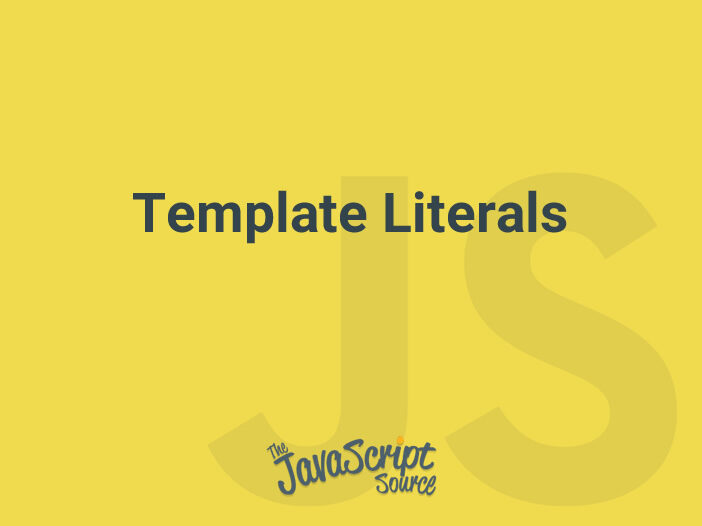
Introduced in ES6, template literals provide a simpler way to create strings that span multiple lines or contain data.
Instead of a quote, template literals start and end with backticks (`). You do not need to concatenate new lines in template literals.
var str1 =
`<h1>Hello, world!</h1>
<p>How are you today?</p>`;
// logs "<h1>Hello, world!</h1><p>How are you today?</p>"
console.log(str1);You can use variables in template literals (sometimes called expressions) by wrapping the name of the variable in curly brackets with a leading dollar sign (${VARIABLE_NAME}).
var greeting = 'Hi, universe!';
var message = 'How is the weather today?';
var str2 =
`<h1>${greeting}</h1>
<p>${message}</p>`;
// logs "<h1>Hi, universe!</h1><p>How is the weather today?</p>"
console.log(str2);Source
https://vanillajstoolkit.com/reference/strings/template-literals/
